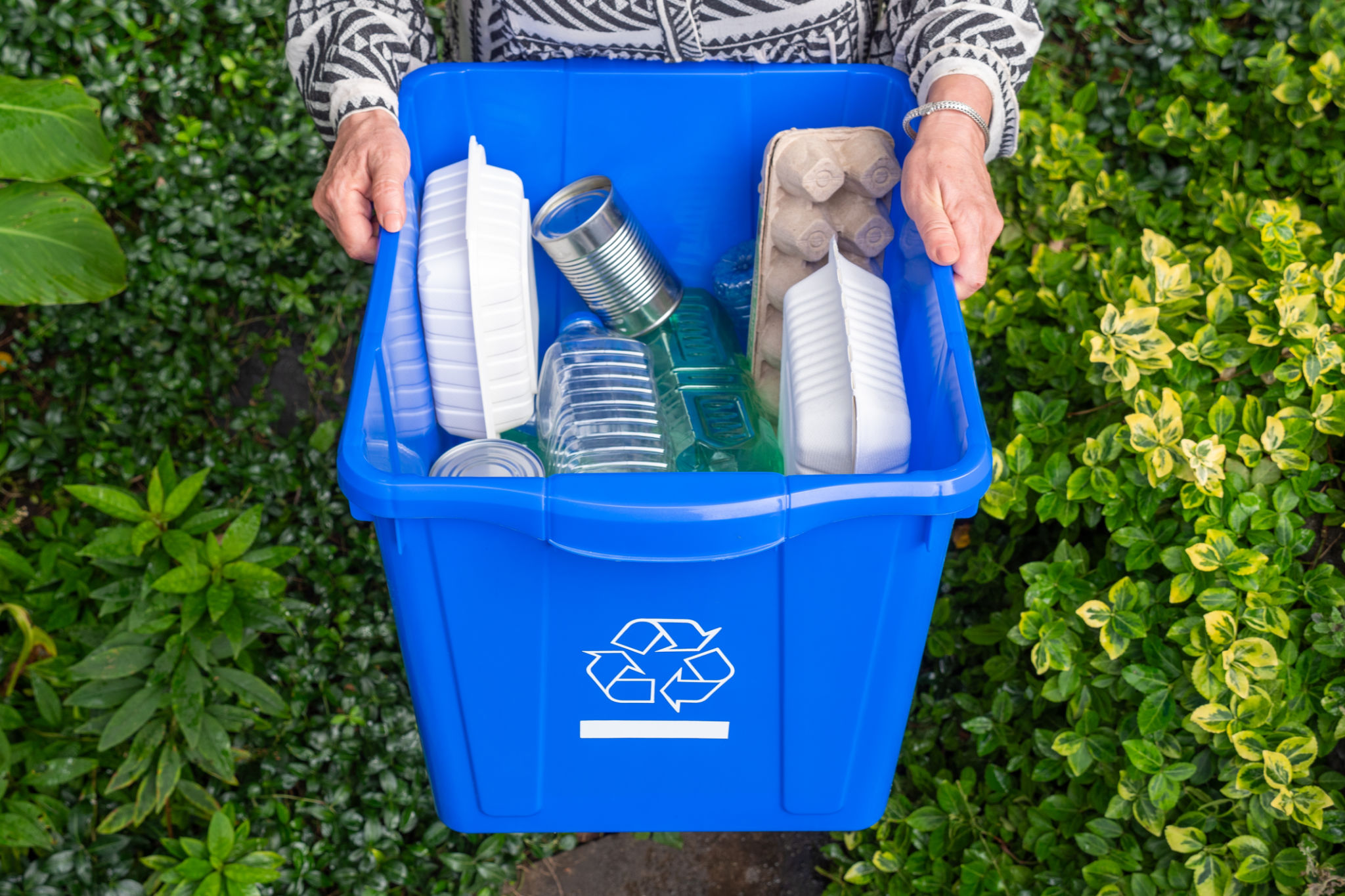Expert Tips for Efficient Waste Disposal After Major Events in Los Angeles
Understanding the Importance of Efficient Waste Disposal
Major events in Los Angeles, from music festivals to large conferences, generate a significant amount of waste. Efficient waste disposal is crucial not only for maintaining the city's aesthetics but also for minimizing environmental impact. Proper planning and execution can prevent littering, reduce landfill contributions, and promote recycling.
The city of Los Angeles places a strong emphasis on sustainability, making it essential for event organizers to integrate effective waste disposal strategies. By adopting best practices, these events can set an example for others, showcasing environmental responsibility and community care.

Plan Ahead for Waste Management
Advance planning is key to successful waste management at any large event. Event organizers should start by assessing the potential waste that will be generated. This involves understanding the types and volumes of waste expected. Partnering with a professional waste management company can provide valuable insight and support.
Consider creating a comprehensive waste management plan that outlines procedures for collection, sorting, and disposal. This plan should include designated waste disposal areas, clear signage, and instructions for attendees. By organizing these aspects in advance, you can streamline the process and reduce confusion during the event.
Implement a Recycling and Composting Program
Incorporating recycling and composting programs is an effective way to manage waste sustainably. Place clearly labeled bins for recyclables, compostables, and trash throughout the event venue. Ensure they are visible and accessible to all attendees.
Encourage vendors to use compostable materials and reduce single-use plastics. By promoting environmentally friendly practices among vendors, you contribute to decreasing the overall waste footprint of the event. Additionally, educate attendees on the importance of proper waste segregation to maximize recycling efforts.

Engage Volunteers and Staff
Having a dedicated team to oversee waste management is invaluable. Recruit and train volunteers or hire staff specifically for waste management roles. Their responsibilities may include monitoring waste stations, guiding attendees on proper disposal methods, and managing overflow situations.
Providing training sessions prior to the event ensures that your team is well-prepared. Equip them with the necessary tools, such as gloves and litter pickers, to safely handle waste materials. Their active involvement not only helps maintain cleanliness but also educates attendees in real-time.
Post-Event Waste Analysis
After the event concludes, conducting a waste audit is essential in evaluating the effectiveness of your waste management plan. Analyze the volume and types of waste collected to identify areas for improvement. This data can be instrumental in refining strategies for future events.
Share the results with stakeholders and use them as a learning tool to enhance sustainable practices. Highlight successes and identify challenges faced during the event to foster better planning in subsequent occasions.

Collaborate with Local Authorities
Working closely with local authorities can greatly enhance your waste disposal efforts. They can provide resources such as additional bins, collection services, and even support from municipal cleaning staff. Establishing a good relationship with local government ensures compliance with regulations and promotes community goodwill.
Moreover, local authorities may offer incentives or recognition for events that achieve high sustainability standards. This collaboration not only benefits your event but also aligns with broader citywide environmental goals.
Promote Awareness Among Attendees
Creating awareness about waste management efforts is crucial for success. Use event platforms such as websites, social media, and announcements to inform attendees about your waste disposal initiatives. Encourage participation by highlighting the environmental impact of their actions.
Consider rewarding attendees who actively participate in recycling or who bring their own reusable items. Providing incentives not only motivates individuals but also fosters a culture of sustainability among the event's audience.
In conclusion, efficient waste disposal after major events in Los Angeles requires careful planning, collaboration, and active participation from all involved parties. By implementing these expert tips, event organizers can contribute positively to the environment while ensuring a successful and sustainable event experience.
